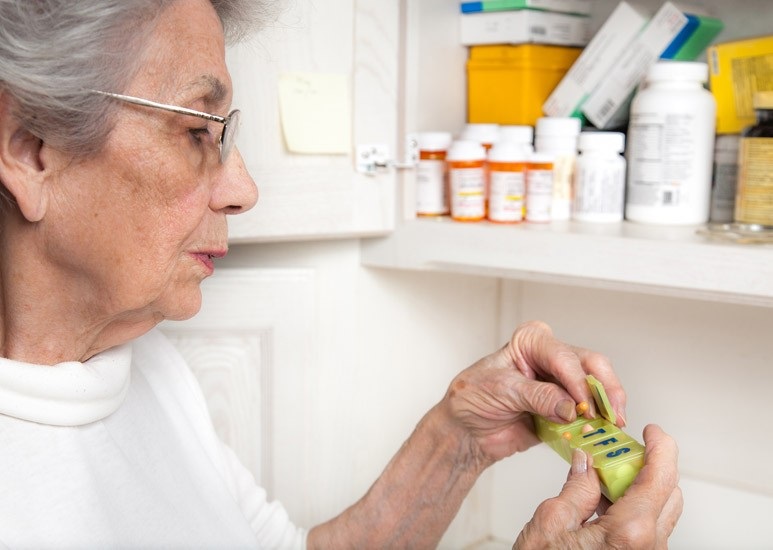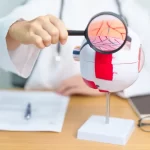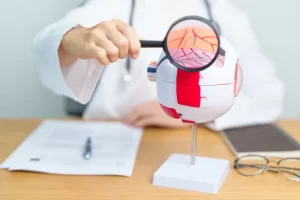
Storing medications safely is crucial to maintaining their effectiveness and ensuring they do not pose any harm. Whether you’ve bought them from a shopmedsusa.com US pharmacy or any other reputable source, here are some essential tips for storing medications safely:
- Read the Label: Start by reading the label and any accompanying literature provided by the pharmacist. This will often contain specific instructions on how to store the medication properly at com.
- Temperature Control: Many medications are sensitive to temperature fluctuations. Store them at the temperature recommended on the label. Typically, this is room temperature (around 68 to 77 degrees Fahrenheit or 20 to 25 degrees Celsius). Avoid storing medications in areas that experience extreme temperatures, such as near heating vents, stoves, or in direct sunlight.
- Keep Away from Moisture: Moisture can degrade medications and cause them to lose their effectiveness. Store medications in a dry place. Avoid storing them in the bathroom or kitchen where moisture levels tend to be higher. Instead, consider a cool, dry cabinet or drawer.
- Childproof Containers: If you have children or pets in the house, store medications in childproof containers or in a location that is inaccessible to them. Accidental ingestion can have serious consequences.
- Original Packaging: Keep medications in their original packaging whenever possible. This helps to protect them from light, moisture, and air. If you need to transfer medications to a pill organizer or another container, make sure it is clean, dry, and labeled correctly.
- Secure Location: Store medications in a secure location out of reach of children, pets, and anyone who should not have access to them. This might mean using a locked cabinet or drawer.
- Organize Regularly: Regularly check your medication supply for expired or unused medications. Dispose of any medications that are past their expiration date or are no longer needed. Many pharmacies offer medication disposal programs to ensure safe disposal.
- Traveling with Medications: If you need to travel with medications, make sure to pack them securely in your carry-on luggage. Avoid leaving medications in a hot car or checked luggage where they may be exposed to extreme temperatures or rough handling.
- Special Instructions: Some medications may have specific storage instructions. Follow any special instructions provided by your pharmacist or healthcare provider.
You can help ensure that your medications remain safe, effective, and ready to use when you need them. If you have any questions or concerns about storing your medications, don’t hesitate to consult with your pharmacist or healthcare provider.







